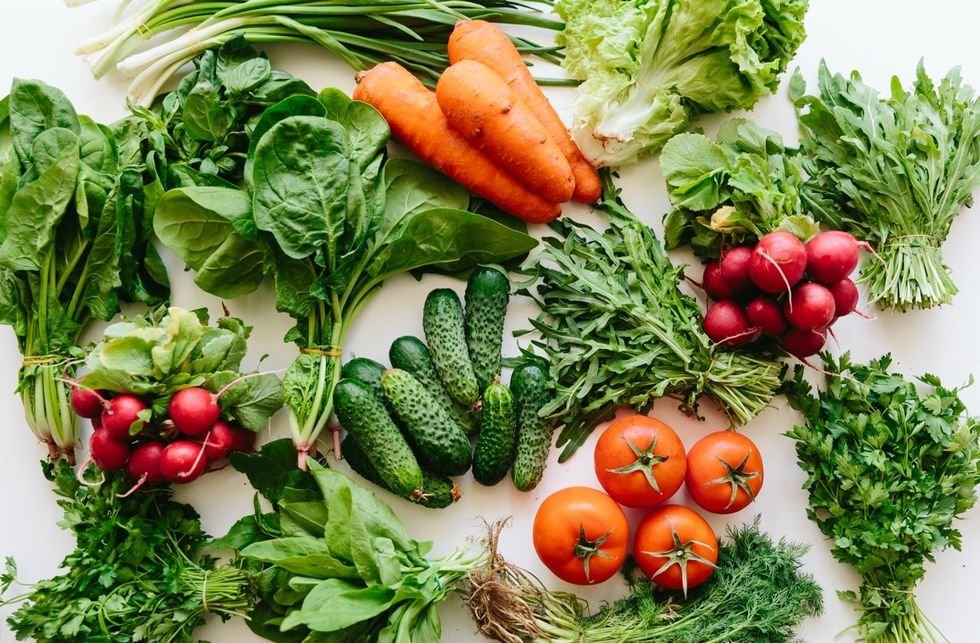
As the UK starts to embrace winter weather and with Storm Bert on the way, it becomes increasingly important to make sure you are consuming the right things in your diet.Our immune systems will be on overdrive for the next few weeks so it is wise to support them. Doing this starts with the correct foods.Nutritionist from Bio-Kult, Rob Hobson, spoke to GB News and explained what you should be focusing on.He said: “Focus on your gut health, as about 70 per cent of your immune system resides there. [It is] one of the key ways to stay well during winter.”Eating the correct foods in colder times is imperative for our immune systemGETTYThe nutritionist listed out the four key components to remain healthy this winter.VitaminsThe expert highlighted the value of ensuring you have enough vitamins. The two he focused on were vitamin D and vitamin C.He explained: “Vitamin D is another crucial nutrient during winter, as we don’t get enough from sunlight. I recommend taking a daily supplement of 10 micrograms, as per UK guidelines, to support immunity and bone health but you can also get it from a few foods like oily fish (salmon, mackerel) and eggs.”Rob added: “Good sources of vitamin C are citrus fruits, red peppers, broccoli and kiwis. This nutrient has been shown to help boost white blood cell production and reduce the duration of colds.”Foods to improve circulationThe nutritionist said: “The cold temperatures during the winter can slow blood circulation, leading to cold extremities and fatigue. Try to include foods that can improve blood flow.”He recommended having: Beetroot, dark chocolate, citrus fruits and foods rich in iron like spinach and red meat. Probiotics/PrebioticsThe expert advised: “Including foods rich in probiotics like yoghurt, kefir along with prebiotic foods like onions, garlic, and whole grains, that help good bacteria to flourish in the gut.”Omega-3 rich salmon is good for your healthPAWarm FoodsRob said: “Focus on warming, hearty meals like soups, stews, and casseroles made with whole foods. These can provide a balance of nutrients and are easier to digest and these foods can be batch cooked to save time and money.”He added: “If you find cooking challenging, then simple nutritious meals like omelettes or shop-bought fresh soups that you add canned beans and pulses to with chunks of wholemeal bread might be good options.”Rob concluded by making the point of not getting dehydrated.He said: “Don’t forget hydration—warm drinks like herbal teas, broths, or even plain water with a slice of lemon can help during colder months.”